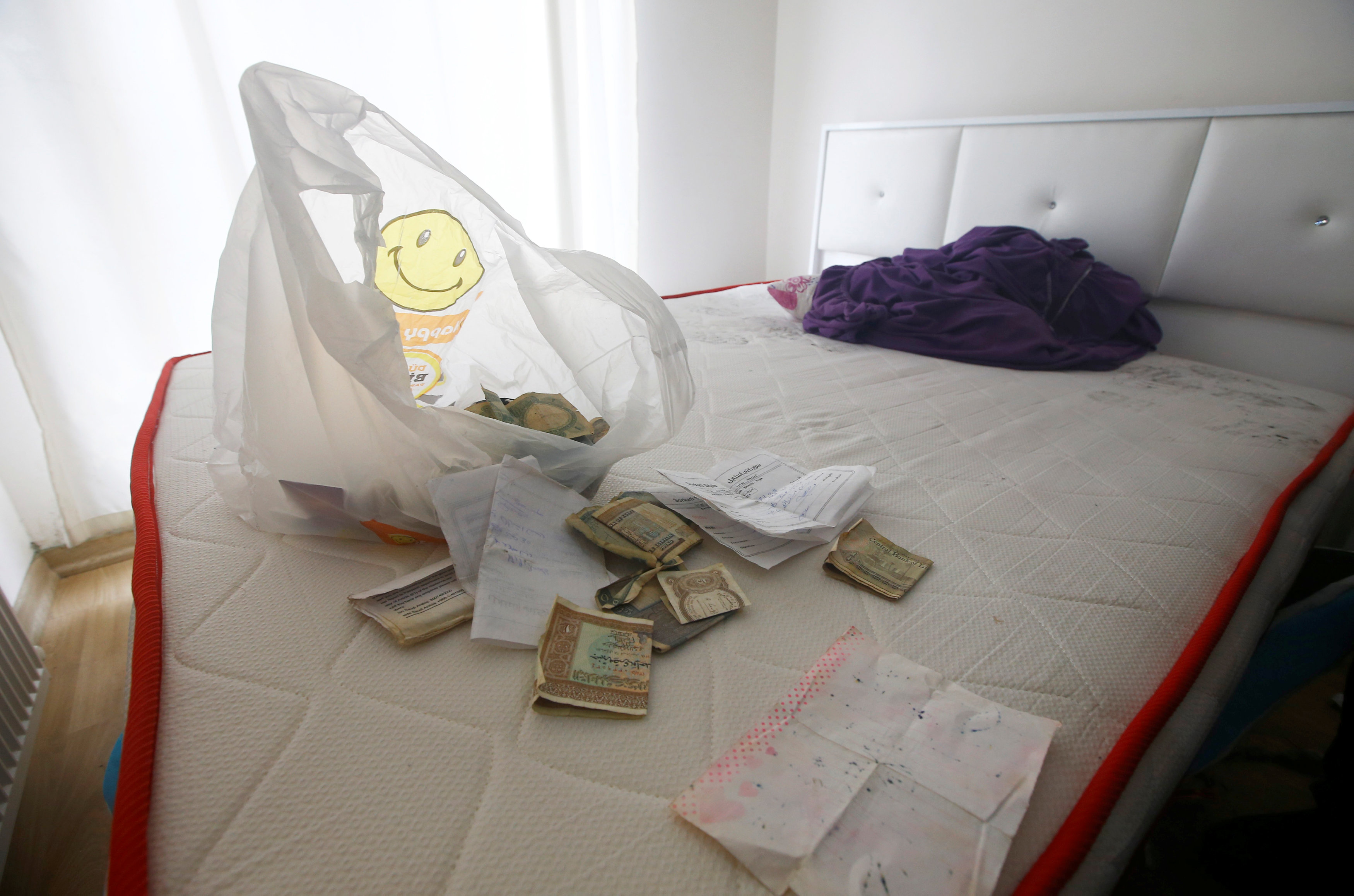
By Tom Perry
BEIRUT (Reuters) – A jihadist group launched a major assault on Free Syrian Army factions in Syria as they attended peace talks in Kazakhstan, rebel officials said on Tuesday, igniting a new conflict among insurgents that could further strengthen the government’s hand.
The attack by jihadist group Jabhat Fateh al-Sham targeted FSA groups in northwestern Syria in an area representing the rebellion’s main territorial foothold after the opposition’s defeat in Aleppo last month.
Fateh al-Sham could not immediately be reached for comment. The group was previously known as the Nusra Front, and changed its name after announcing it was cutting ties with al Qaeda last year.
Tensions have been building between Fateh al-Sham and more moderate rebels since government forces backed by Russian air power and Iranian-backed Shi’ite militias drove the rebels out of Aleppo, a major victory for President Bashar al-Assad.
Fateh al-Sham is not covered by a shaky truce between the government and rebels brokered by Russia and Turkey, one of the main backers of the FSA groups. The aim of the meeting in Astana, organized by Russia, Turkey and Iran, is to shore up the ceasefire that came into effect on Dec. 30.
The commander of one of the FSA groups, Jaish al-Mujahideen, told Reuters the “extremely fierce” Fateh al-Sham attack aimed to “eliminate the revolution and turn it black”, a reference to the black flag flown by the jihadists in Syria.
He said the group had seized “some positions”, though these were far from its headquarters. “A comprehensive war has now started against the Golani gang,” he added, a reference to Abu Mohamad al-Golani, the leader of Fateh al-Sham.
In a statement, Jaish al-Mujahideen called for other factions to “stand as if they are one man” against the group.
DEFEATING “THE FSA IN THE NORTH”
Fateh al-Sham has a history of crushing FSA groups in the conflict that began in 2011. One of the single biggest groups in the insurgency, Fateh al-Sham has been targeted in a spate of U.S. air strikes in the northwest since the new year.
One of these killed dozens of its fighters at a training camp in Idlib last week. The Pentagon said that attack was carried out by a B-52 bomber and killed more than 100 al Qaeda fighters.
The Fateh al-Sham assault was focused in rebel-held areas to the west of Aleppo, and adjoining areas of Idlib province, which is almost entirely in insurgent hands. Tensions have also flared in that area between Fateh al-Sham and Ahrar al-Sham, a large Islamist group widely believed to be backed by Turkey.
An official in a second FSA group, Jabha Shamiya, told Reuters the attack began overnight, describing it as a large assault in several areas. The official said it was the first time Fateh al-Sham had attacked the FSA groups in that area.
“What they are doing serves Iran and the regime – so there is no FSA left in the north – particularly with the factions’ delegation now in Astana where the regime offered nothing with regards to the ceasefire,” said the Jabha Shamiya official.
The FSA groups now needed to coordinate their efforts to repel the attack, he said.
(Reporting by Tom Perry; Editing by Hugh Lawson and Dominic Evans)









